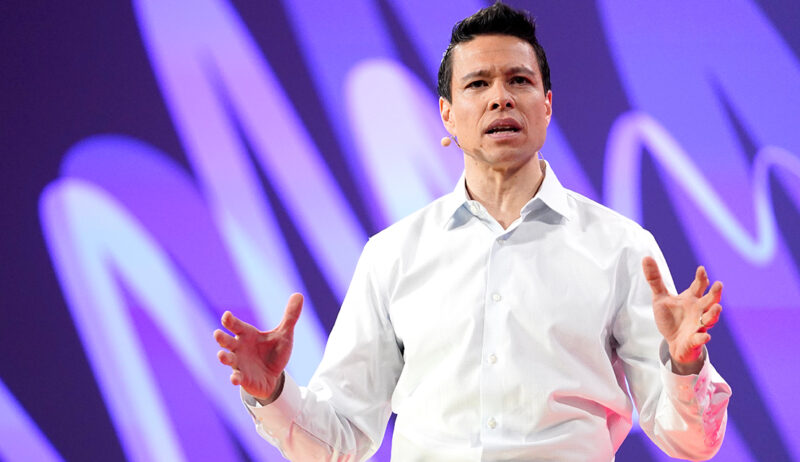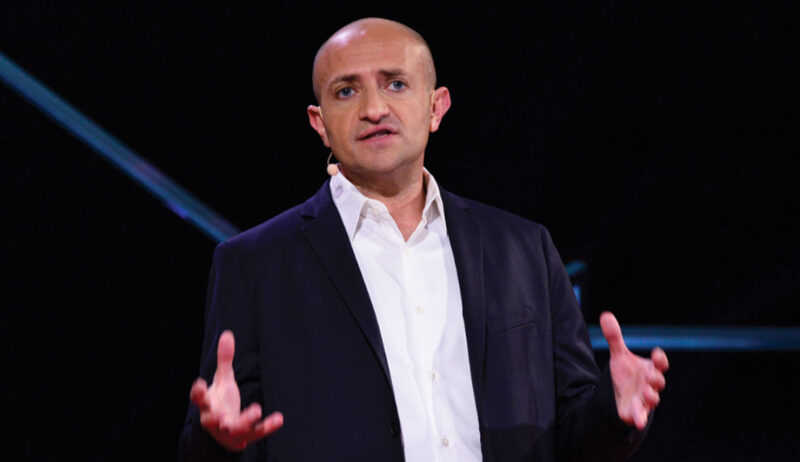About this talk
Research has demonstrated a strong connection between music and memory. In fact, Psychedelic Neuroscientist Frederick Streeter Barrett studied the deep connection between music and nostalgia, explaining that music has the ability to evoke meaningful experiences and memories and connect us to our sense of self. He moved a step further to study how music could evoke responses during a psychedelic experience. In doing so, he learned that there are both acute and long-term effects of psychedelic experiences on the brain, cognition, and emotions. With controlled psychedelic substances, there is a potential to alter the entire brain for a period of time and thus provide relief from negative emotions that cloud the mind. Capturing this controlled relief, Frederick’s research suggests that, under the right conditions, psychedelics may have the potential to treat a wide range of mood and substance disorders.
Frederick believes that music and psychedelics have the potential to open our minds and connect us with our most authentic selves. Watch his TEDMED 2020 Talk “The neuroscience of psychedelic drugs, music and nostalgia,” now on TEDMED.com.
About Frederick Streeter Barrett
See more
Dr. Frederick Streeter Barrett is a professor at the Johns Hopkins University School of Medicine and a key member of the university’s Center for Psychedelic and Consciousness Research. His work focuses on how the brain creates emotions and how consciousness changes, particularly through the use of psychedelic substances like psilocybin and LSD. Frederick’s research has demonstrated that these drugs temporarily alter the brain’s functioning. Specifically, he has found that they can disrupt brain networks that handle mental control and focus. His studies suggest this may involve a brain region called the claustrum, which some scientists believe plays a major role in consciousness. At the same time, his work indicates that psychedelics increase activity in parts of the brain related to emotions, memories, and finding personal meaning, especially when combined with music. He has also explored the long-term impacts of these experiences. His findings suggest that the use of psychedelics, under supervision, can lead to a lasting reduction in negative emotions and an increase in positive ones. This research is crucial for understanding why psychedelics might be effective in treating conditions such as depression and addiction.











